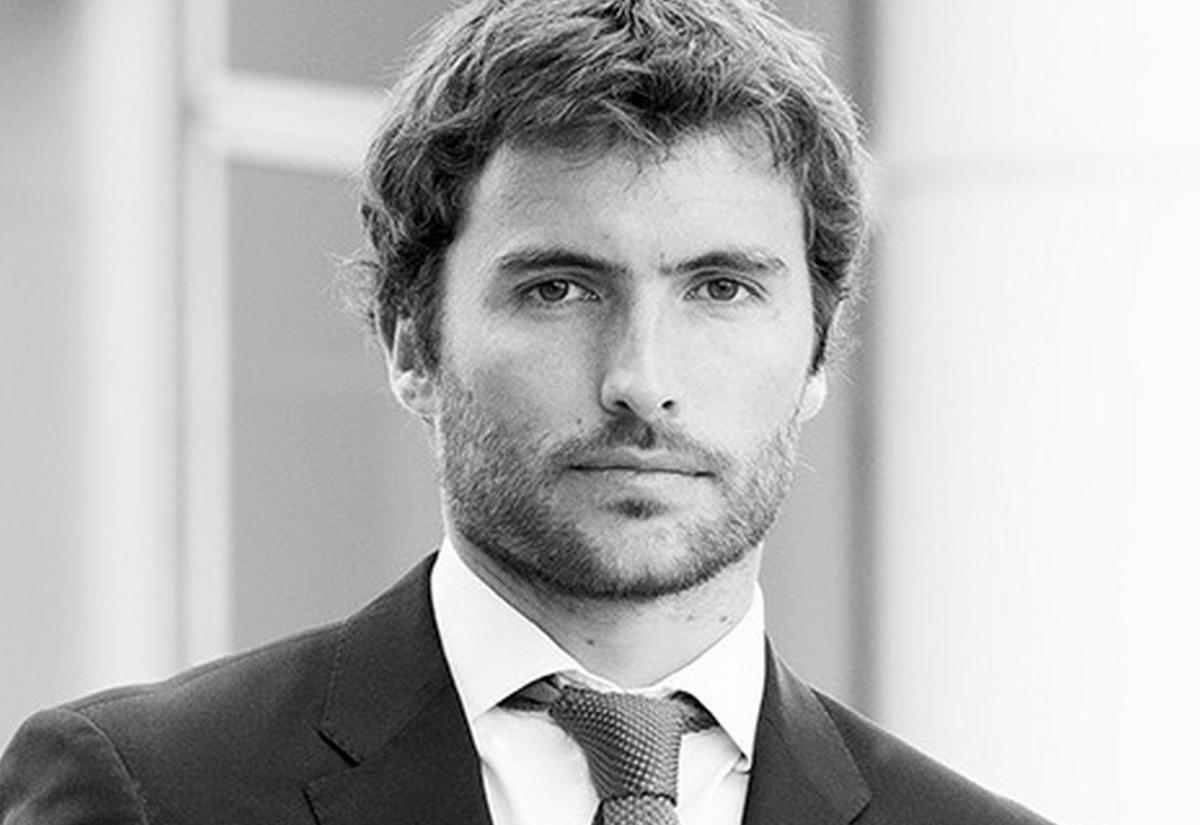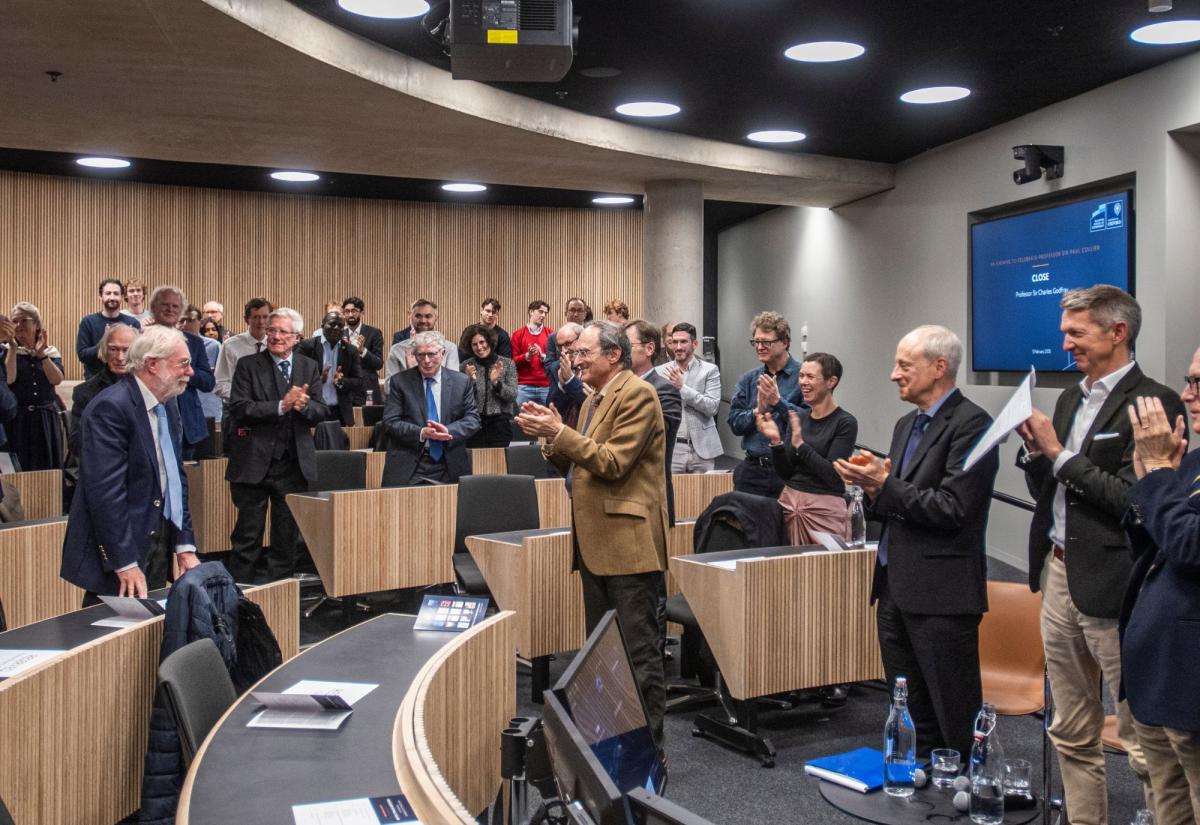We’re now into our second year of the DPhil (Oxford’s term for a doctoral programme) in Public Policy at the Blavatnik School of Government and since we are accepting applications for entry in 2016, we’d like to take a moment to offer a tour of the programme and research already underway by our nine current students.
Our DPhil in Public Policy a three-year, full time research degree, aimed at people who want to contribute to improve government and public policy by providing them with research-based evidence. On completing the degree, you will be expertly qualified to advise or be part of governments and other policymaking organisations such as think tanks or research institutions. You will be prepared to lead on devising, implementing and evaluating innovative policy solutions.
If you want to join us in 2016 as a DPhil student, you can expect a small but flexible programme. Because we are a young institution, we encourage you to play an active role in shaping the programme according to your needs and interests and we support you in a variety of ways. For example, we give you appropriate supervision, we identify your specific research training needs and select appropriate courses to take, and we host an in-house research development seminar series specifically for DPhils and also involving our Postdoctoral researchers. You can also expect to take some modules from the Master of Public Policy Programme and to be involved with many Blavatnik School events and seminars featuring prominent policymakers and senior figures.
The research carried out at the School is issue-driven: as a DPhil student, you work on researching the practical challenges facing governments and public agencies. As often in public policy, the solutions to most issues are not clear-cut, but can be found by looking across sectors and disciplines. This interdisciplinary approach is one what makes our doctoral programme unique.
For example, take one of our DPhil students, Ivaylo: his research is focused on global financial governance, a broad topic in the field of international relations and political science, with many interdisciplinary elements taken from law, political economy and finance. The interdisciplinary approach is one of the reasons he chose Blavatnik School over other programmes – as he explains here.
Ivaylo is part of our team of nine DPhil students. Each of them comes from a different country and has a specific research interest (read more about them). Their work spans across wide-ranging topics: from the analysis of the shift towards digital governance in the Arab region and the impact of the internet and citizen participation, to transnational climate governance in the global south and the impact of democratic decentralisation on development outcomes in rural India. Are you tempted to pursue a deep research question of your own, under the guidance of the Blavatnik School’s world-leading members of faculty? This interview with the DPhil Coordinator, Professor Winnie Yip, is an excellent tool for those considering applying for a Blavatnik School of Government DPhil. It offers a lot of insight on the programme, what’s unique about it and also some tips to prepare a good application.
Some ideas for funding for your DPhil
Read these blogs by DPhil student Juan David about tips for doing research interviews in the field of social sciences and about the similarities of training for a marathon and studying for a DPhil.



